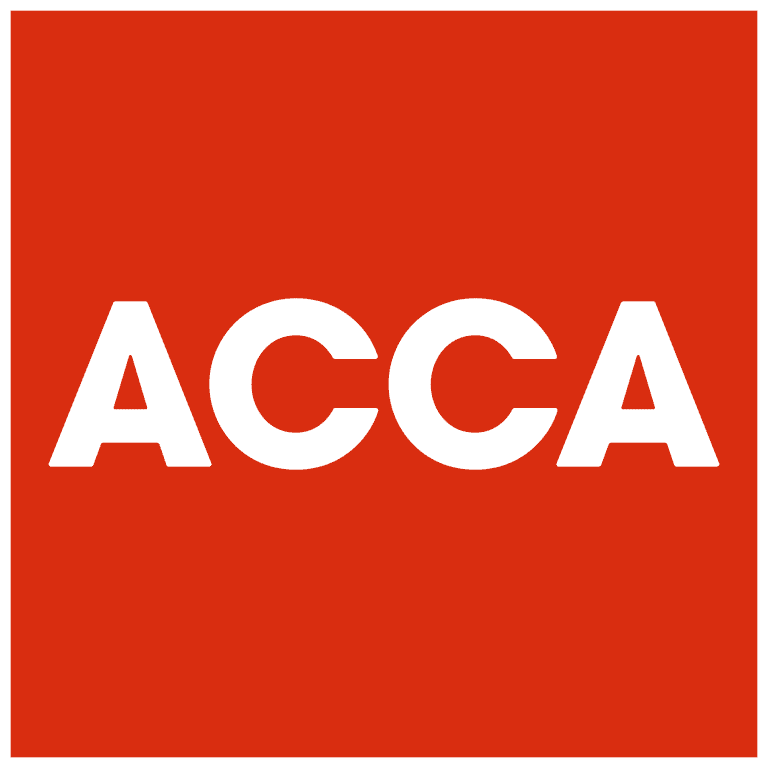
Clarified Accounting Ltd
April 18, 2024

The on-going rise in prices and a decrease in the purchasing power continues to affect people and businesses; with the small businesses taking the most hit. According to the UK’s Office of National Statistics, the inflation rate has accelerated by 10.1% in July 2022 and is expected to rise further. This reflects the aftermath of the COVID pandemic and the Ukraine crisis.
Inflation is often a big strain on small businesses’ finances. During inflation, prices go up rapidly but come back down at a slow pace. Larger businesses are better positioned to cope at inflationary times due to the benefit of economies of scale. However, for small businesses, this is not the case. Small business owners are now losing their confidence due to the high risk of stagnation or even closure.
As part of the government’s monetary policy to tackle inflation, the interest rate was increased to 1.75%. This is expected to encourage savings, reduce borrowing and spending; in order to lower the rise in prices. The Bank of England’s target rate of inflation is 2% but this is not feasible in the short term.
To survive inflation, proper cash flow management is required. The following are a few cashflow tips that will help a service-based small business flourish through an inflationary period:
As a small business owner, start by understanding your business current position in terms of incoming and outgoing funds. Based on the current position and expectations, prepare a cashflow forecast for the next 3-6 months. This could be for a shorter or longer period depending on the business needs and availability of data.
A cashflow forecast is an important tool that highlights the cash requirements, growth plans, cash shortages or surpluses; thereby providing foresights to implement corrective measures. Corrective measures may include managing debt, seeking additional finances to meet cash shortages or investing surplus funds to improve the business or earn returns in the best possible way.
Remember to update your cashflow forecast as you get more accurate data.
The value of money falls as inflation continues to rise. You may receive significantly less money from your customer than you would have received while providing the service. With the rapid increase in inflation, the delay in the collection will be a continuous loss. As a small business owner, have a clearly communicated payment policy as part of your invoicing process and invest in payment processing technology. Customers will be encouraged to make payments with ease of automation and on time to avoid additional charges, thereby maintaining a healthy cash flow for your small business.
As you increase your client base through marketing, you should also consider selling other services to existing customers. New customers usually come at an additional cost and effort. Therefore, an easy profitable strategy will be to boost your revenue by selling more to existing ones via a cross-sell, up-sell or a down-sell. For example, you can sell complimentary or add-on service as a cross-sell either individually or in a bundle with the original service provided. This will be cheaper for the customer while also boosting your revenue and profit.
In an inflationary environment, running a small business is tougher. The more the business protects its cash flow from being drained unnecessarily, the more money it has to spend on increasing costs to run the business. The above tips will help a small business not only survive inflation but flourish as well.
For additional support with cashflow forecasting or implementing any of these tips, please contact us.
Tags : Inflation | Cash Flows | Small Business
You can rely on our resources, expertise, knowledge, and experience to grow your business. We will do our best to make accounting processes hassle-free for you.
The increase in interest rate means a higher cost of debt. Where new finances are required, a small business will benefit from “shopping around” for good deals. For existing debts, a structured debt repayment plan would help your business cash flow especially where variable interest rate applies such as the business credit cards balances and overdrafts. For all debts including the fixed interest rate debts, it is important to avoid any default in repayment as this increases the costs and may even lead to insolvency.
Invest in the most productive employees rather than the least productive employees. Awarding the bonus to every employee will not benefit the business. Reward the most deserving person. It will help the least productive employee get motivated to do better for your business.
A detailed review of the pricing is required. In as much as the business wants to remain competitive, it needs to be profitable to ensure survival and sustainable growth. We have all been experiencing price increases ranging from energy prices, marketing and administrative costs, general cost of living and also taxes. Therefore, a small increase in your business rates, charges or fees due to a price review, will not be a surprise.
It might be difficult to maintain a high level of profitability during inflation. However, with a good knowledge of all costs incurred by the business and the right pricing strategy, a small business should go beyond a break-even point and make a decent profit.
01233239307
info@clarifiedaccounting.co.uk
Ashford, Kent.



Regulated by the ACCA | ICO Registration ZB285960 | Company No. 13800937
Copyright © 2022. All rights reserved.